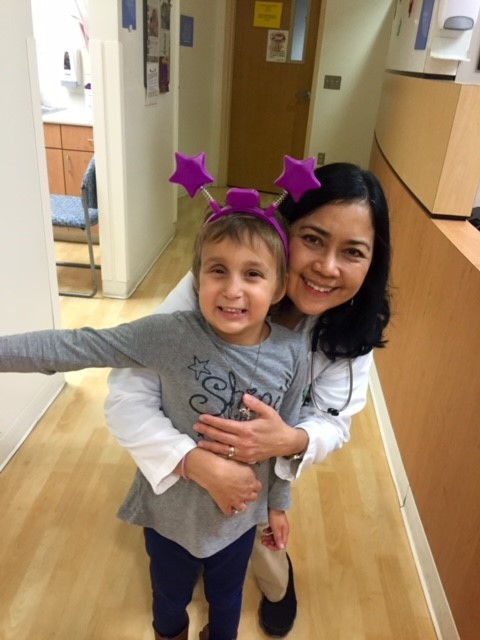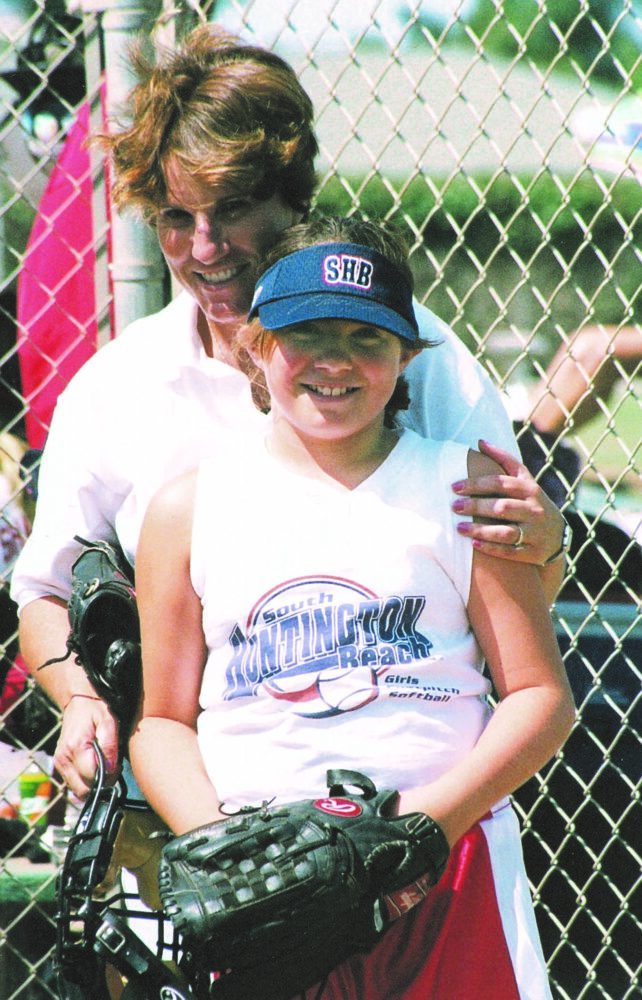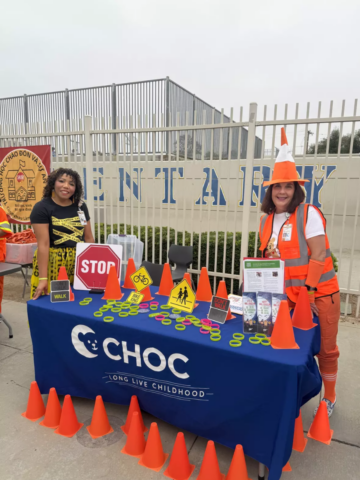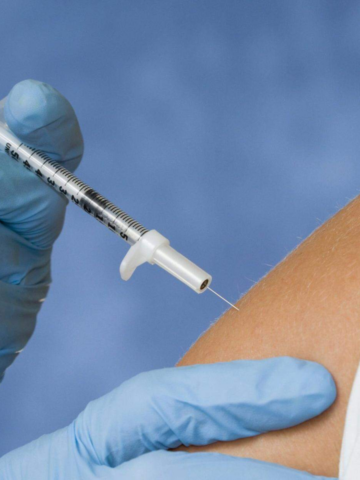Growing up in the Philippines, Dr. Lilibeth Torno wasn’t the healthiest.
When she was 12, she was diagnosed with a life-threatening combination of severe asthma and pneumonia.
To the surprise and great relief of her doctors and family in her hometown in Quezon Province, she recovered.
The experience, Dr. Torno recalls, was traumatic.
“That’s when I started thinking that children shouldn’t have to go through this,” she says. “That there’s got to be a better way. I started thinking it’s a good idea to help kids.”
Thus began her journey toward becoming a pediatrician specializing in treating one of the most life-changing diagnoses of all:
Cancer.
And now, after 28 years at CHOC that began with a residency in pediatrics and fellowship in pediatric hematology/oncology, Dr. Torno finds herself at the pinnacle of her career.
On Aug. 16, 2023, she began her new duties as medical director of the Hyundai Cancer Institute after serving in an interim role for five months following the retirement of Dr. Ivan Kirov.
‘The best we can’
Offering the most comprehensive support programs in the region for kids with cancer and their families, the Hyundai Cancer Institute, with 11 oncologists that soon will be 12, is renowned for its specialized care and research in pursuit of the best outcomes. Most recently, it was among Becker’s Hospital Review’s list of “100 hospitals and health systems with great oncology programs.”
“The heart of this is compassion,” says Dr. Torno, who attended medical school at the University of Santo Tomas in Manila. “Oncology is not for every doctor. You do this because hopefully, you can make a difference in the lives of patients and their families.
“I always say our goal is to get patients to their destiny. And hopefully, it’s all done with dignity. At CHOC, what we promise is we’re going to give you the best that we can — the best there is. Of course, we always hope for a cure.”
In addition to cures, Dr. Torno is big on cancer prevention and survivorship.
“In my mind,” says Dr. Torno, who also is a clinical professor at University of California, Irvine and serves on the Cancer Control Committee at the UCI Chao Family Comprehensive Cancer Center, “cancer prevention should be at the forefront. I don’t think we’ve conducted enough research in pediatric oncology.
“There are things we really need to understand about cancer prevention, such as environmental factors, the gene makeup of people, diet, exercise. There are things we can do to help prevent cancer from occurring.”
Cancer Survivorship
As for survivorship, Dr. Torno founded and is medical director of CHOC’s After Cancer Treatment Survivorship (ACTS) Program.
“Child and young adult cancer survivors struggle to go to school and to work and they have other different challenges,” says Dr. Torno, who started the ACTS program in 2002.
Just recently, she organized a meeting ofSouthern California pediatric hospitals to collaborate on survivorship.
“Meaningful survivorship, however long or short, is the goal,” Dr. Torno says.
Dr. Torno is also involved in the Childhood Cancer Survivorship Study. In this multi-center study, she and others are looking at long-term health and quality of life in childhood cancer survivors.
And Dr. Torno is in the process of developing an educational curriculum for survivors ages 15 and older. In the future, she hopes to create curricula for younger children.
Nela’s story
Jelena Katic‘s daughter, Nela, was 2½ when she was diagnosed with rhabdomyosarcoma (RMS), a highly aggressive and rare type of cancer that forms in soft tissue.
After six months of chemotherapy and 25 sessions of radiation, the Katic family – which includes Jelena’s husband, Dario, and their oldest daughter, Lana – thought they had cancer beat.
After the family relocated to Orange County from out of state, it was Dr. Torno who notified them, during a visit for follow-up care in March 2014, that Nela’s cancer had returned.
“I had my heart shattered and broken beyond repair when Nela was diagnosed with cancer, but I never imagined I would have to relive that and have the impact be a million times stronger when that word ‘relapse’ was spoken to me,” Jelena says.
“The disbelief, agony, disappointment, and fear we faced was unexplainable.”
Dr. Torno was an immense help, Jelena says.
“I remember her hugging me and promising me that we can do this again, that she will fight with us, that she will do everything in her power to help us,” she recalls. “We were very lost, and our family and friends were miles away.”

For nine months at CHOC, Nela pushed through a grueling treatment regimen.
“Dr. Torno was always extraordinary in the amount of care, time and patience she offered to us, especially me,” Jelena says.
“For the longest time, I was so disappointed and angry, and I felt an astonishing amount of guilt that my child had to deal with this again. But Dr. Torno always made me feel calm, which at times I felt was impossible.
“She made me believe even when I lost hope. She put my child’s life first and never had a hidden agenda or ego. She really fought as if this was her own kid. We have seen many, many doctors, and a doctor like her is hard to find.
“I will forever be beyond grateful for her and for CHOC.”
Nela, now 13, is a participant in ACTS. An eighth-grader, she’s on her school’s diving team.
Light
Heartache, of course, goes with Dr. Torno’s job and those of her staff.
But many families who have lost their children to cancer maintain strong bonds to CHOC and its staff.
Celeste Bowers and her husband and son have remained close to Dr. Torno since they lost Christina to Primitive Neuro-Ectodermal Tumors (PNET) on May 29, 2005.
Christina was almost 11 when she died. The fifth-grade softball pitcher was diagnosed with rare cancer of the central nervous system the day before Thanksgiving 2004.

“As a parent, it’s tough,” Celeste says of the cancer journey. “You do your best to keep up with the medical notes, making sure your child is OK, all the while reassuring your other child is cared for and included in the journey. As a parent, you’re numb. You don’t fully understand the magnitude of the experience until you’re out of it.”
Adds Celeste: “Dr Torno is light. Within the walls of the hospital room, we felt it was our job as parents to allow hope, joy, and light inside. Dr. Torno is a shining example of this and much more.
“She looked past the machines and genuinely embraced our daughter. Her kindness drowned out the noise and gave much comfort. She’s the type of doctor that sits on the bed with patients, talks to them, holds their hand and hugs their parents.
“Dr. Torno never gave up hope for Christina, and never let us give up either. We are forever grateful.”
Hope
During her time at CHOC, Dr. Torno has developed international guidelines, has chaired regional consortiums, and remains active in national professional societies in the field of oncology.
She’s a member of various committees including the CHOC Cancer Committee, the Ambulatory Committee, the Medication and Nutrition Committee, and she serves as a physician informaticist for the oncology chemotherapy power plans project team.
She is also involved in a number of research projects in association with the Children’s Oncology Group (COG), and is the clinical investigator in several COG bone and soft tissue cancer treatment studies.
Dr. Torno sees her recent promotion as an opportunity.
“I’ve been here a long time so there’s an advantage to knowing what our strengths and opportunities are,” she says. “We’re a very collaborative group. We’re cohesive. At the end of the day, we all work together.”
One of Dr. Torno’s immediate priorities is growing the oncology department and expanding research by recruiting a physician scientist.
“We need more transplant specialists, too,” she says. “We have a growing cellular therapy program and are developing molecular-precision medicine as well as immunotherapy.”
Dr. Torno has two sons, Joseph, 29, and Timothy, 27, with her husband, Dr. Mauro Torno, an internal medicine physician who served for many years as a public health officer for a local city.




